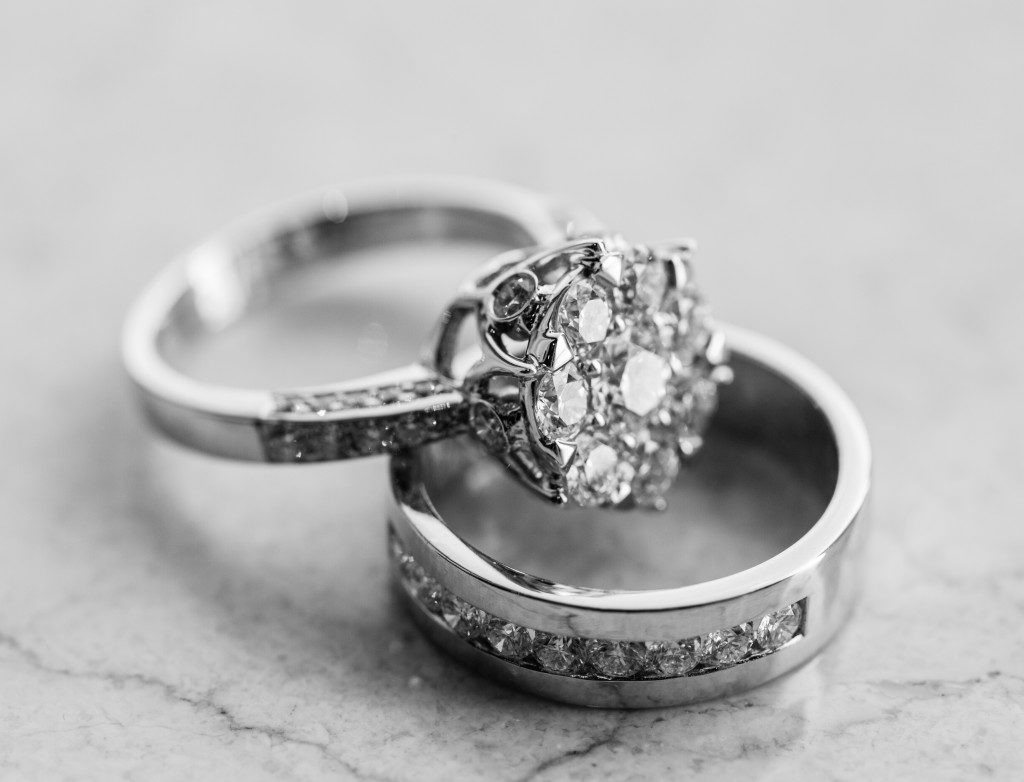No one likes talking about emotional baggage. We rarely open up and admit that we are carrying emotional shock or grief from a certain experience in our lives, even to ourselves. And this refusal to acknowledge this pain is not making any of us better.
Even today, there is still a stigma in openly talking about horrible past experiences. Even though every single one of us carries some kind of pain that stemmed from a certain life event, we have a hard time discussing it and actively solving it. Because taking action means admitting that it is there. And some of us don’t want to do that.
Emotional and psychological trauma is the baggage we carry from events that either shattered an individual's sense of security, destroyed their ability to trust people or made them feel helpless and powerless. These traumas may have come from abusive relationships, physical harm from childhood, or any situation that ever left a person overwhelmed and isolated. Unlike physical wounds and sickness, there is no one size fits all when it comes to healing emotional trauma.
Speaking up about the pain you’re carrying can immensely help in healing it. According to Ellen Hedriksen, Ph. D of Psychology Today, talking about your trauma can expedite recovery which can bring faster relief. Whether it’s a heart to heart conversation with a friend or discussions with a support group, talking about it can rid of feelings of isolation.
However, it’s perfectly understandable if talking about it is not an option for you yet. Here are simple little ways you can find relief and start healing without having to discuss your pain:
Journaling

Also called expressive writing, therapists highly recommend this method to help people cope with any traumatic event. Writing down your feelings and thoughts has been found to improve psychological and mental health. While discussing our pain with other people can be terrifying, writing it in a journal provides a safe place for you and your thoughts. Bottling your feelings, especially your trauma, prevents your growth and journaling can help you find meaning and positive life changes after a traumatic event.
Mindfulness
When it comes to using mindfulness for emotional healing, the results may vary. For some survivors, meditation can heighten their emotion which can result in traumatic flashbacks. However, mindfulness can also be helpful for some as it can help them get in touch with the present moment. Using mindfulness can help your post-trauma progress by letting you relax from the anxiety caused by your past experience and worries of daily life.
You can start practising mindfulness by simply taking a seat, noticing your mind and body, and feeling your breath. If you’re ready to advance, you can join groups so you can meditate with other people and interact. If you find mindfulness beneficial with your healing, enrolling in level 2 courses of Reiki or other meditation practices can help you learn more techniques to deepen its healing abilities and spiritual growth.
Social support

No man is an island and human connections are even more important when you’re going through something painful. Finding support from family and friends can help you deal with the negative effects of a traumatic event. Joining a support group can also be beneficial in finding a sense of belongingness and supportive relationships.
Different people deal with different traumas. And no matter what method works for you, the time will come that life will feel normal and pleasant again. It’s not going to be easy, but making an effort towards recovery every day, no matter how little, will get you back on your feet sooner.



